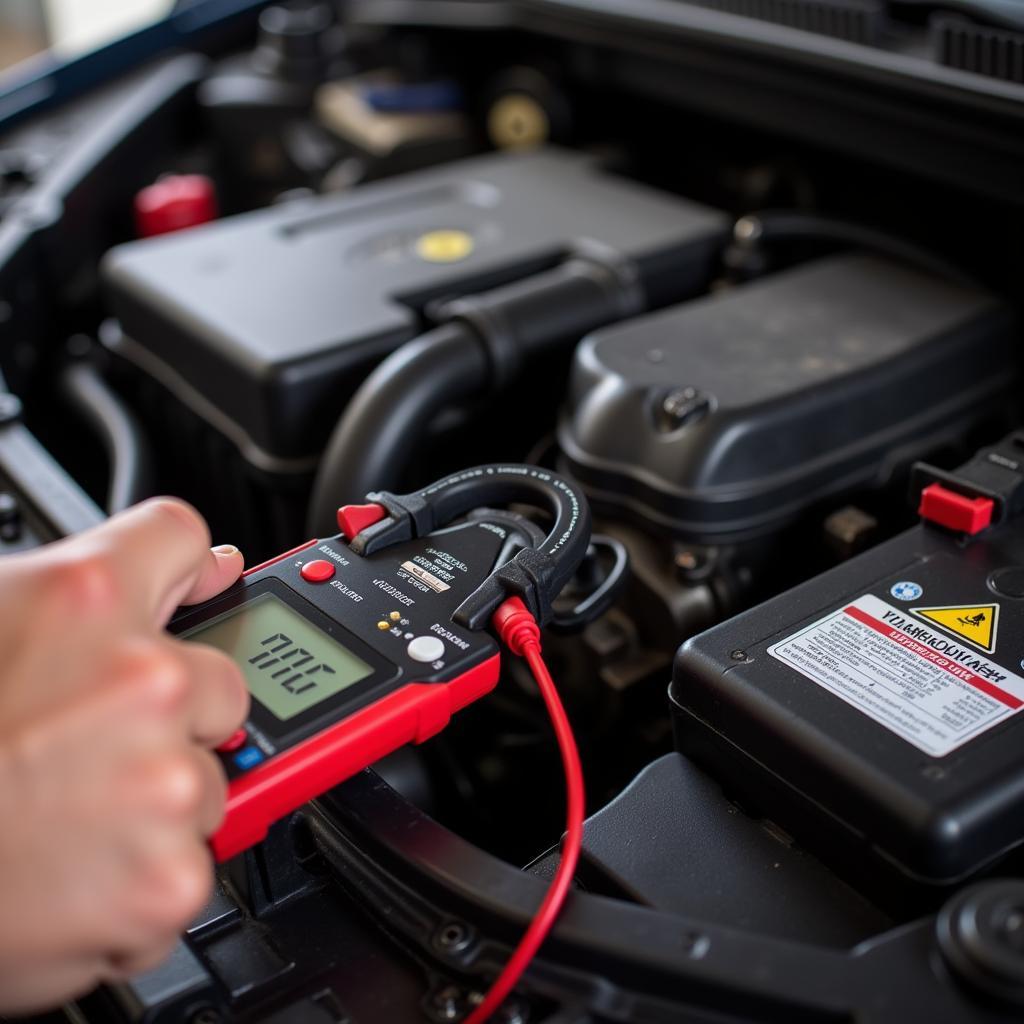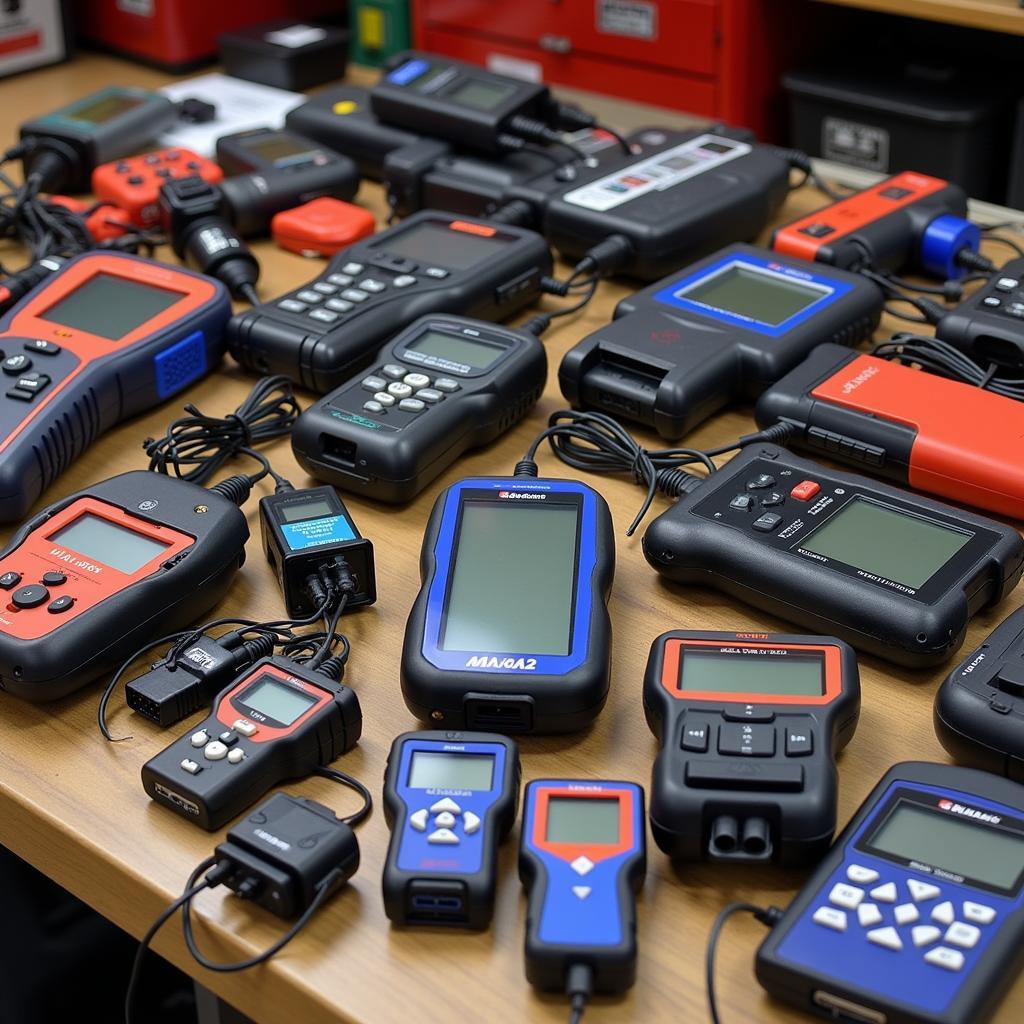Revolutionary Medical Diagnostic Tools are rapidly changing the landscape of healthcare, offering unprecedented accuracy, speed, and insights into the human body. These advancements empower medical professionals with the ability to diagnose diseases earlier, personalize treatment plans, and improve patient outcomes.
The Power of Early Detection with Advanced Diagnostic Tools
Early and accurate diagnosis is the cornerstone of effective healthcare. Revolutionary medical diagnostic tools are playing a pivotal role in detecting diseases at earlier stages, often before symptoms even manifest. This early detection is critical for improving treatment success rates and reducing healthcare costs in the long run.
Imaging Techniques: Illuminating the Body’s Secrets
Cutting-edge imaging technologies like Magnetic Resonance Imaging (MRI), Computed Tomography (CT) scans, and Positron Emission Tomography (PET) scans are providing physicians with unprecedented views inside the human body. These tools allow for the visualization of organs, tissues, and even cellular structures in stunning detail, enabling the identification of abnormalities that might otherwise go unnoticed.
“The clarity and precision we achieve with these advanced imaging tools are astounding,” says Dr. Emily Carter, a renowned radiologist. “We can now detect subtle changes that were previously undetectable, leading to earlier and more effective interventions.”
Molecular Diagnostics: Unlocking the Secrets of Our Genes
Molecular diagnostics, including genetic testing and genomic sequencing, are revolutionizing how we understand and treat diseases. By analyzing a patient’s DNA, these tools can identify genetic mutations or biomarkers associated with specific conditions. This information is invaluable for tailoring treatment plans to individual patients, leading to more targeted and effective therapies.
Artificial Intelligence: The Future of Diagnostic Assistance
The integration of artificial intelligence (AI) into medical diagnostic tools is transforming how medical professionals analyze data and make diagnoses. AI algorithms can process vast amounts of patient information, including medical images, lab results, and genetic data, to identify patterns and anomalies that might not be apparent to the human eye.
“AI is like having an extra set of eyes, constantly analyzing data and assisting us in making more informed decisions,” says Dr. David Miller, a specialist in AI-powered diagnostics. “It’s not about replacing doctors but augmenting their expertise and helping them provide the best possible care.”
Benefits and Challenges of Revolutionary Diagnostic Tools
The advancements in medical diagnostic tools offer numerous benefits:
- Early Disease Detection: Detecting diseases at their earliest stages significantly increases the chances of successful treatment and improves patient outcomes.
- Personalized Medicine: Tailoring treatment plans based on individual genetic makeup and disease characteristics enhances treatment effectiveness and minimizes side effects.
- Reduced Healthcare Costs: Early diagnosis and personalized therapies can lead to shorter hospital stays, fewer complications, and a reduced need for expensive interventions.
- Non-Invasive Procedures: Many revolutionary diagnostic tools are non-invasive or minimally invasive, reducing patient discomfort and recovery time.
However, challenges remain in the widespread adoption and implementation of these tools:
- Cost and Accessibility: Advanced diagnostic tools can be expensive, and access to them may vary depending on geographical location and healthcare infrastructure.
- Data Privacy and Security: The use of genetic and other personal health data raises concerns about privacy and security, requiring robust data protection measures.
- Ethical Considerations: The increasing use of AI in healthcare necessitates careful consideration of ethical implications, ensuring responsible and unbiased algorithms.
Conclusion: Embracing the Future of Healthcare
Revolutionary medical diagnostic tools are transforming healthcare by enabling earlier diagnoses, personalized treatments, and improved patient outcomes. While challenges remain in terms of cost, accessibility, and ethical considerations, the potential benefits are undeniable. As technology continues to advance, we can expect even more sophisticated and accessible diagnostic tools to emerge, further revolutionizing the way we approach healthcare.
For expert advice and support on implementing these groundbreaking tools in your practice, contact ScanToolUS at +1 (641) 206-8880 or visit our office at 1615 S Laramie Ave, Cicero, IL 60804, USA.


